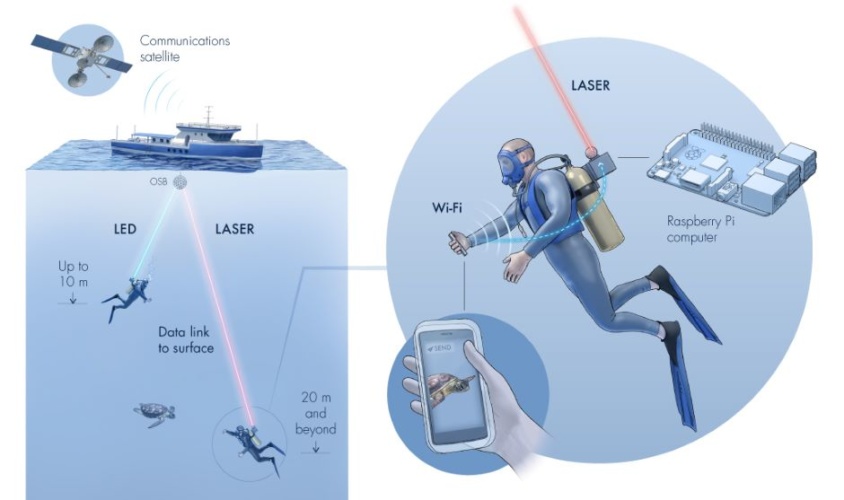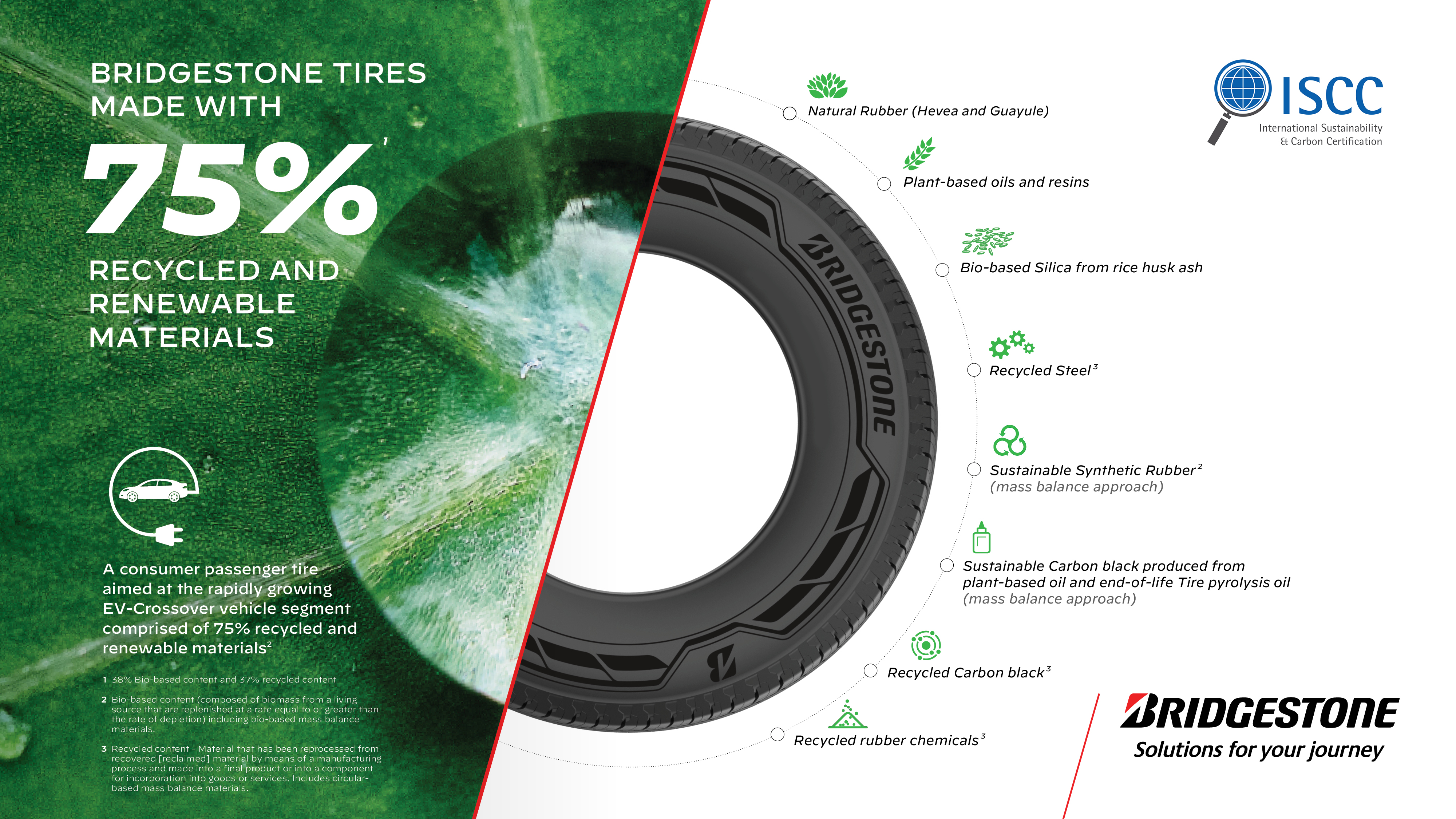Researchers at the King Abdullah University of Science and Technology (KAUST) have developed an underwater data communications system that they call “Aqua-Fi”.
The goal of the team was to enable scuba divers who are going at depths beyond 20 meters to be able to connect to the internet and send data back to the surface. The concept device that the team presented supports max data transfer speeds of 2.11 MB per second at an average delay of 1 millisecond (round trip) which is pretty great.
The whole point of this project would be to enable a diver to send testing data, live video feed, or images up to the research vessel that floats many meters above. Then, the diver could receive instructions or guidance, so they wouldn’t have to resurface just for that. This has never been done before, and it would unquestionably be a game-changer in the field. As for which smartphones could support operation in these depths, the iPhone 12 is rumored to have a special pressure-sensing mode that would make it work underwater. Besides that, special cases would do the trick just fine.
The practical obstacles with this concept are quite a few, and every one comes with its own set of hindrances. Water is a good medium for the propagation of acoustic waves, but these are intrinsically limited by their low data transfer rates. Radio waves would be good for a couple of meters, but dispersion makes this solution infeasible for larger depths. Thus, the scientists went with green LED for depths of up to 10 meters, and 520 nm Laser for anything beyond 20 meters. The beam points to a Raspberry-Pi powered module that is responsible for the conversion of the data into light, as well as the re-distribution of the internet link with the nearby smartphones.
The total cost of the wireless device is pretty low, while there aren’t a lot of operational limitations that would cause issues with underwater environmental changes. Aqua-Fi is the first underwater wireless internet concept device that seems to be working quite well, so we may see it being widely used one day.







